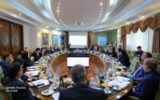
The meeting of the ordinary general assembly of the National Petrochemical Industries Company was held in the presence of the Deputy Minister of Petroleum for Petrochemical Affairs.

Emphasizing the need for convergence in solving the energy imbalance, an official official said: Holdings and petrochemical companies should use all available capacities to establish an energy management system.
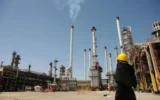
The adviser to the Minister of Oil on Women's Affairs said: The active participation of more than 17 thousand women, equivalent to 8% of the total employees of the oil industry, shows their key role in the managerial and operational positions of this industry.
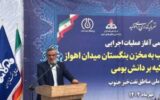
The CEO of the National Iranian Oil Company, emphasizing the importance of the Ahvaz field as the country's largest oil field, said: "The implementation of this plan is an effective step towards increasing the recovery rate and realizing the oil industry's macro policies in applying new methods of increasing recovery."

Referring to the provisions of the Seventh Development Plan, the energy expert said: "The government can use the model of participation in joint production and exploitation to accelerate the development of joint fields and attract domestic and foreign capital."
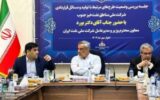
The CEO of the National Iranian Oil Company emphasized accelerating the implementation of associated gas collection plans and removing operational bottlenecks to increase production.

The Deputy CEO of the National Iranian Drilling Company for Technical Affairs announced a more than 12 percent growth in integrated technical and specialized drilling industry services in the first half of this year to applicant companies in the country's oil-rich regions.
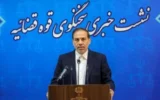
A spokesperson for the Judiciary explained the institution's nearly 20-year process of handling the Crescent case.
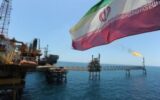
In its latest monthly report, the US Energy Intelligence Bureau announced that Iran's crude oil production in September had increased by 6,000 barrels in September.
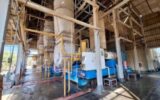
Head of Planning for Development and Support for Construction Inside the Iranian Offshore Petroleum Company said: In order to produce the first time and with the support of the Iranian Offshore Oil Company, the TD-4000 Right Turbine Oil Radiator was built by a domestic company and installed at the old Khark Operational Power Plant.










